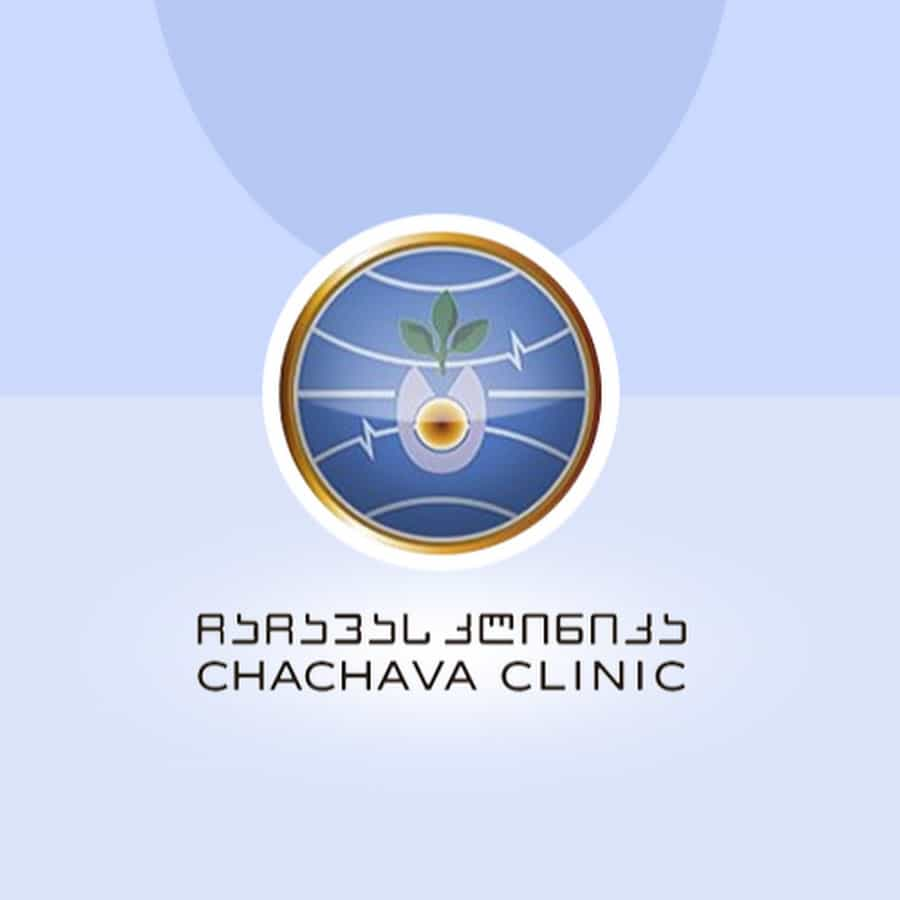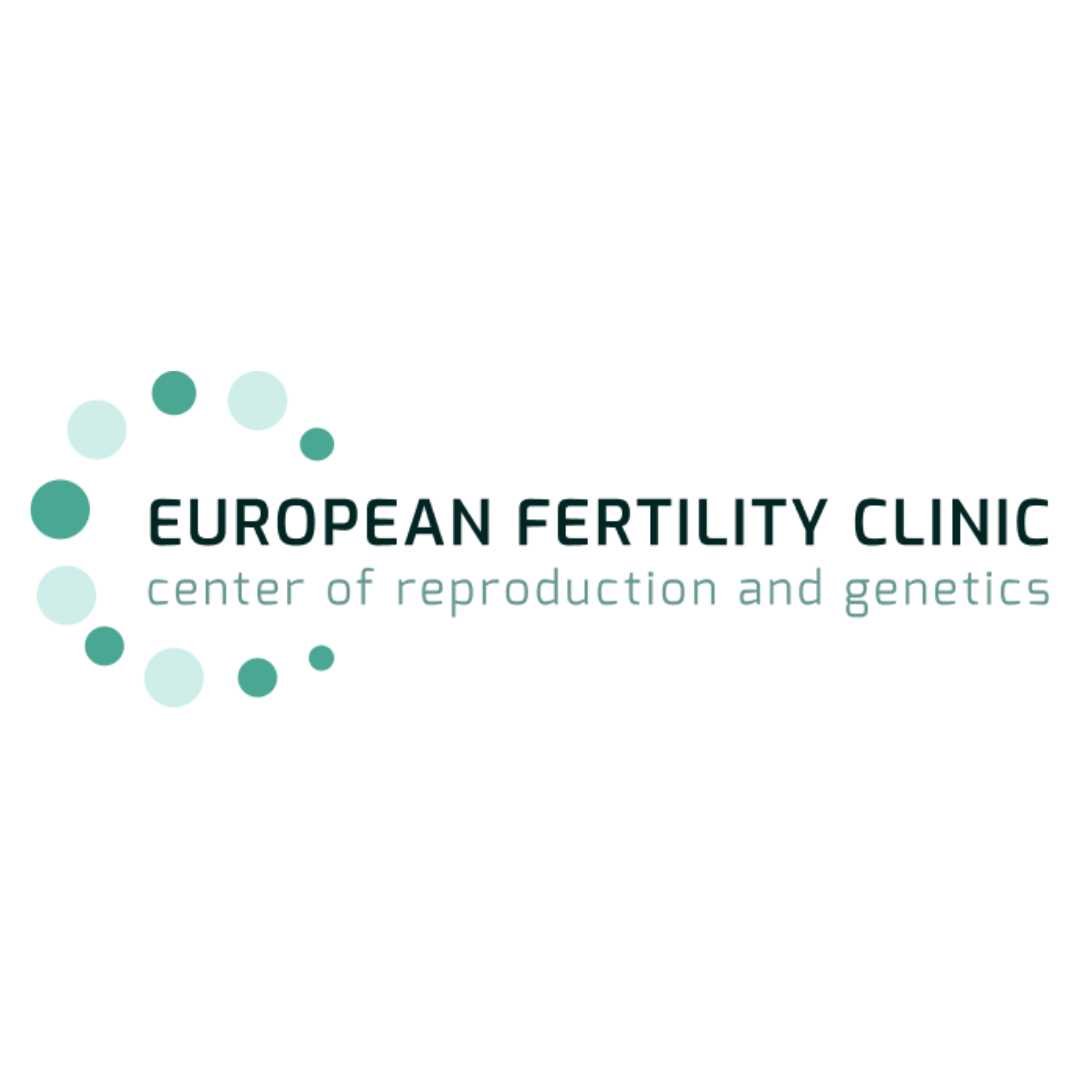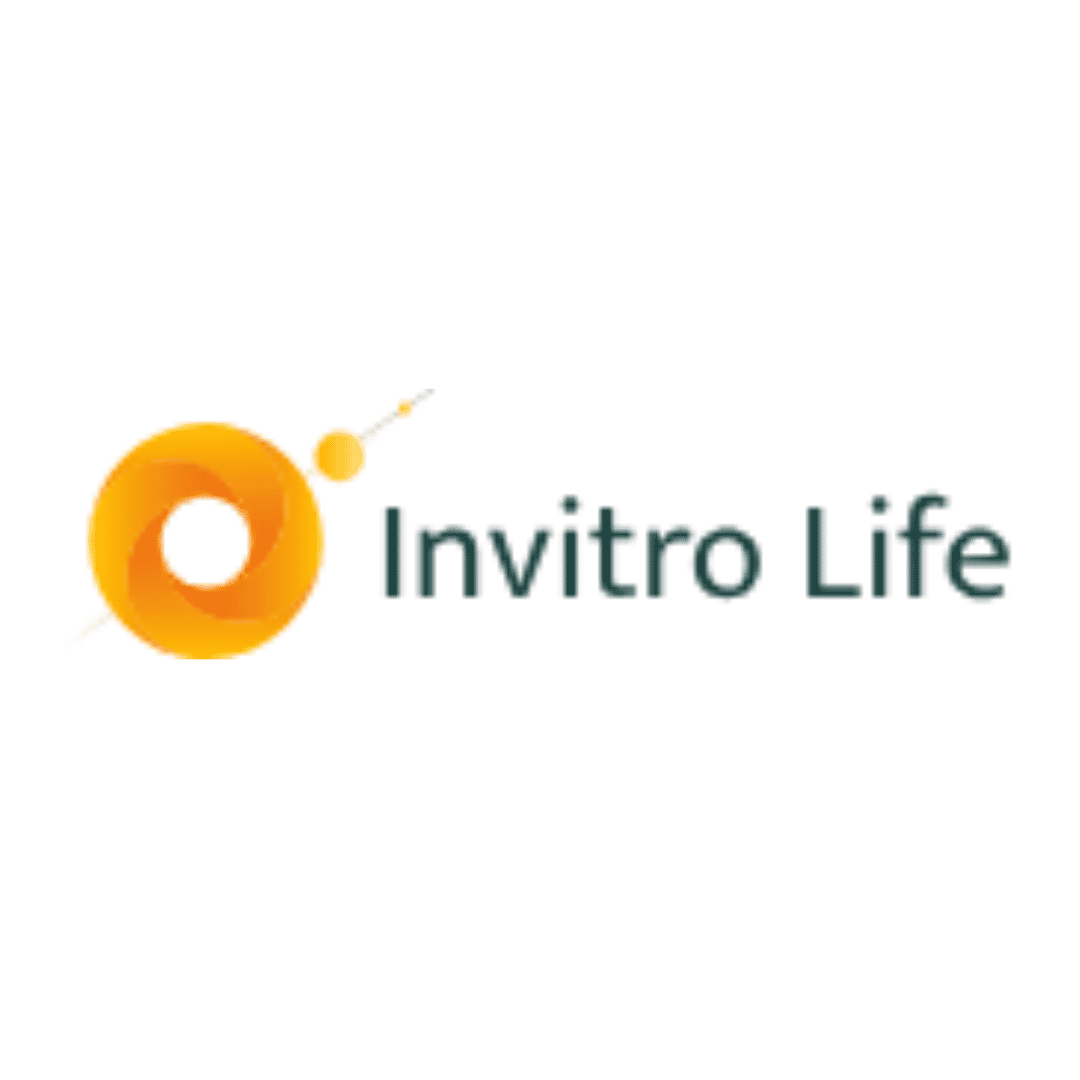A Guide to Tubal Reversal Cost in Georgia

Tubal ligation reversal, often referred to simply as tubal reversal, is a significant decision for women who have previously undergone tubal ligation and now desire to conceive. This intricate surgical procedure aims to reconnect or reopen the fallopian tubes, allowing for natural conception. The cost of tubal reversal in Georgia can vary widely depending on several factors, including the clinic, the surgeon's expertise, the type of ligation performed, and whether any complications arise. Understanding these costs and what they include is crucial for anyone considering this journey.
Generally, the cost of a tubal reversal in Georgia can range from approximately $5,000 to $10,000, with some clinics offering all-inclusive packages and others having additional fees for consultations or specific pre/post-operative care. It's important to note that most insurance plans do not cover tubal reversal surgery, as it's often considered an elective fertility procedure. This blog post aims to answer common questions about the cost and other essential aspects of tubal reversal in Georgia, providing a comprehensive guide for those exploring this option.
What is the average cost of tubal reversal surgery in Georgia?
"The average cost of tubal reversal surgery in Georgia typically ranges from $5,900 to $7,900, with some centers offering all-inclusive packages while others may have separate fees for consultation or additional services."
The price for tubal reversal can fluctuate based on the specific clinic and the services they bundle into their fees. Some clinics, like The Jackson Clinic, quote a price of $5,900 that is valid through 2025, increasing to $6,500 from January 1, 2026. This fee generally includes the surgeon's fee, lab work, anesthesia, and the facility fee (hospital or surgery center), along with most medications administered during the procedure. However, it's important to remember that this often does not cover post-operative pain or nausea prescriptions, which might add an extra $20-$30.
Other centers in Georgia, such as Lakeshore Tubal Reversal Center, list their standard tubal reversal surgical fee starting at $7,900. This higher price point may reflect different inclusions, such as pre-operative and post-operative medications, pre-operative lab work, multi-layer closure of the tubes, dye testing, and even a hotel stay in some comprehensive packages. It is always advisable to get a detailed breakdown of all costs from any clinic you consider.
What factors influence the cost of tubal reversal in Georgia?
"Several factors influence the cost of tubal reversal in Georgia, including the surgeon's experience, the type of tubal ligation originally performed, the surgical facility (hospital vs. outpatient center), pre-operative tests, and post-operative care."
The expertise and reputation of the surgeon play a significant role in the overall cost. Highly experienced surgeons specializing in microsurgical tubal reanastomosis may charge higher fees due to their specialized skills and higher success rates. The complexity of the original tubal ligation procedure also impacts the reversal cost. For instance, some ligation methods, like clips or rings, are generally easier to reverse than methods involving extensive removal or burning of the fallopian tubes.
The choice of surgical facility can also affect the price. Procedures performed in hospital settings might be more expensive than those done in accredited outpatient surgical centers, primarily due to varying overhead costs. Furthermore, any necessary pre-operative diagnostic tests, such as detailed imaging of the fallopian tubes, and the extent of post-operative follow-up care can add to the total expense. Some clinics may also have a higher fee for patients with higher BMIs or a history of prior abdominal-pelvic surgeries, like C-sections, due to the increased complexity and potential risks involved.
Is tubal reversal covered by insurance in Georgia?
"No, tubal reversal is rarely covered by insurance in Georgia, as it is typically considered an elective fertility procedure rather than a medically necessary one. Patients usually bear the full cost out-of-pocket."
The vast majority of insurance providers do not offer coverage for tubal ligation reversal surgery. This is largely because tubal ligation is a voluntary sterilization procedure, and its reversal is therefore classified as elective fertility treatment. Even if your insurance plan covers other fertility treatments like IVF, it often has exclusions for procedures designed to reverse a previous voluntary sterilization.
Patients are generally expected to pay for the entire procedure themselves. It is crucial to contact your insurance provider directly and inquire about their specific policies regarding tubal reversal. While some plans might offer limited coverage under very specific circumstances, such as if the original tubal ligation caused medical complications, this is rare. Be prepared for the likelihood of needing to self-finance the procedure.
What is included in the tubal reversal cost at Georgia clinics?
"The tubal reversal cost at Georgia clinics typically includes the surgeon's fee, anesthesia, operating room fees, pre-operative and post-operative medications administered at the facility, and pre-operative lab work. Some comprehensive packages may also include a hotel stay."
While the specifics can vary, most reputable clinics in Georgia aim to provide a transparent breakdown of what their tubal reversal fee encompasses. For example, a common inclusions list often covers:
- Surgeon's Fee: Compensation for the highly specialized skills of the microsurgeon performing the delicate procedure.
- Anesthesia Fee: Cost associated with the anesthesiologist and the anesthesia itself, ensuring patient comfort and safety during surgery.
- Operating Room/Facility Fee: Charges for the use of the surgical suite, equipment, and nursing staff.
- Pre-operative Lab Work: Necessary blood tests and other diagnostics conducted before the surgery to ensure the patient is a suitable candidate.
- Medications: Any medications given during the hospital or surgery center stay, such as antibiotics or pain relief.
It's important to clarify whether post-operative prescriptions for home use are included, as these are often an additional out-of-pocket expense. Some clinics might also include a consultation fee in the overall price, while others charge for it separately. Always request a detailed itemized list of what your chosen clinic's fee covers to avoid any unexpected costs.
Are there financing options available for tubal reversal in Georgia?
"Yes, many clinics offering tubal reversal in Georgia provide or accept financing options such as CareCredit, medical loans, or in-house payment plans to help patients manage the cost."
Since tubal reversal is usually not covered by insurance, clinics understand that the upfront cost can be a significant financial burden. To make the procedure more accessible, many offer various financing solutions. CareCredit is a popular option, allowing patients to finance medical procedures with deferred interest or low-interest payment plans. It functions much like a credit card specifically for healthcare expenses.
Some clinics may also have established relationships with other medical loan providers, or they might offer their own in-house payment plans, allowing patients to pay in installments over a set period. It's advisable to inquire about these options during your initial consultation. Additionally, some centers offer "prepayment accounts" where patients can save towards the surgery and potentially receive discounted rates once the full amount is accumulated. Exploring these avenues can help make the financial aspect of tubal reversal more manageable.
How does the cost of tubal reversal compare to IVF in Georgia?
"Generally, the cost of tubal reversal in Georgia is often lower than the cumulative cost of multiple IVF cycles, with a single IVF cycle typically ranging from $10,000 to $20,000, while tubal reversal averages $5,900 to $7,900."
For many women, tubal reversal can be a more cost-effective path to pregnancy compared to In Vitro Fertilization (IVF). While a single IVF cycle can cost upwards of $10,000, and often multiple cycles are needed for success, tubal reversal offers the potential for multiple natural pregnancies after one surgical procedure. For instance, a clinic like CNY Fertility, which has a location in Atlanta, offers tubal reversal for $4,995 and even provides a discounted IVF cycle if natural conception is not achieved after the reversal.
The long-term value of tubal reversal lies in its potential for ongoing natural fertility, which can lead to significant savings compared to the repeated costs associated with IVF cycles. While the success rates for both procedures vary, the ability to conceive naturally post-reversal is a major draw for many individuals and can represent a more financially sustainable option for building a family.
What is the deposit required for tubal reversal in Georgia?
"Most clinics offering tubal reversal in Georgia require a non-refundable deposit to schedule the surgery, typically ranging from $1,000 to $2,000, which is then applied to the total cost of the procedure."
A non-refundable deposit is a standard practice for scheduling tubal reversal surgery. This deposit helps secure your surgery date and ensures commitment from the patient. For example, The Jackson Clinic requires a $1,000 non-refundable deposit. Similarly, Assisted Fertility Program in Georgia notes a $2,000 non-refundable deposit.
It's crucial to understand the terms and conditions associated with this deposit. If the surgery needs to be rescheduled, especially within a certain timeframe (e.g., two weeks before the surgery date), the deposit may be forfeited, and another non-refundable deposit might be required to book a new date. This policy helps clinics manage their surgical schedules efficiently.
Are there any hidden costs associated with tubal reversal in Georgia?
"While reputable clinics aim for transparency, potential hidden costs associated with tubal reversal in Georgia can include prescriptions for post-operative pain and nausea, travel and accommodation expenses for out-of-town patients, and fees for additional pre-operative tests not initially anticipated."
To avoid unexpected expenses, it's vital to get a comprehensive understanding of all potential costs from your chosen clinic. While the main surgical fee generally covers the procedure itself, some common "hidden" or often overlooked costs include:
- Post-operative Medications: Prescriptions for pain relief, antibiotics, or anti-nausea medication to be filled at your local pharmacy after discharge are usually not included in the surgical package.
- Travel and Accommodation: If you are traveling from outside the immediate area, the costs of flights, hotels, and transportation to and from the clinic and airport can add up significantly. Some clinics might offer discounted rates at nearby hotels, but these costs are still borne by the patient.
- Unexpected Tests or Procedures: While pre-operative lab work is typically included, if during the consultation or initial tests, the surgeon discovers a need for additional diagnostic procedures (e.g., specific imaging for complex cases), these might incur extra charges.
- Consultation Fees: Some clinics charge a separate fee for the initial consultation, which may or may not be applied towards the total surgical cost if you proceed with the reversal.
Always ask for a detailed, itemized quote that clarifies what is and isn't included in the quoted price.
Does BMI affect the cost of tubal reversal in Georgia?
"Yes, a higher Body Mass Index (BMI) can sometimes affect the cost of tubal reversal in Georgia, with some clinics imposing additional fees for patients whose BMI falls into higher categories due to increased surgical complexity and potential risks."
Some clinics adjust their pricing for tubal reversal based on a patient's BMI. For instance, the Assisted Fertility Program in Georgia lists varying costs based on BMI ranges. Patients with a BMI below 25 might pay $6,500 (self-pay), while those with a BMI between 36 and 40 could see the cost increase to $7,300 (self-pay), and those above 43 potentially up to $9,000.
The rationale behind these additional fees is that higher BMI can lead to more complex surgery, requiring more time, specialized equipment, and potentially a higher risk of complications. This translates to increased resources and expertise needed from the surgical team, which is reflected in the adjusted cost. If you have a higher BMI, it's important to inquire about any potential surcharges during your initial consultation.
How long does it take to recover from a tubal reversal in Georgia?
"Recovery from tubal reversal surgery in Georgia typically involves a few days of rest immediately after the procedure, with a full return to normal activities usually taking 2 to 4 weeks, and light activities possible within a week."
The recovery period for tubal reversal is generally not extensive, as it's often performed as an outpatient procedure. Most patients are discharged the same day or within 24 hours. The initial few days post-surgery involve managing discomfort with pain medication and resting. You might experience some abdominal soreness, mild cramping, and fatigue.
Within a week, many women can resume light daily activities, but strenuous exercise, heavy lifting, and sexual intercourse are usually restricted for 2 to 4 weeks to allow for proper healing of the surgical site. The exact recovery timeline can vary based on the individual's overall health, the complexity of the surgery, and how well they adhere to post-operative instructions. Your surgeon will provide specific guidelines for your recovery.
What is the success rate of tubal reversal in Georgia?
"The success rate of tubal reversal in Georgia, leading to pregnancy, can vary significantly but generally ranges from 40% to 80%, depending on factors such as the woman's age, the type of original tubal ligation, the length of the remaining fallopian tubes, and the surgeon's skill."
The success of tubal reversal is measured by the ability to achieve a pregnancy after the procedure. Several factors influence this outcome:
- Woman's Age: Younger women generally have higher success rates, as ovarian reserve and egg quality decline with age.
- Type of Original Tubal Ligation: Ligation methods that caused minimal damage to the fallopian tubes, such as clips or rings, tend to have higher reversal success rates compared to procedures that involved significant removal or burning of the tubes.
- Length of Remaining Fallopian Tubes: A longer, healthy segment of the fallopian tube remaining after the reversal increases the chances of successful conception.
- Surgeon's Expertise: A highly skilled microsurgeon specializing in tubal reversal can significantly improve the success rate due to their precision and experience.
- Overall Fertility: The presence of other fertility factors, such as sperm quality in the male partner, ovulation regularity, and the absence of other gynecological issues, also plays a crucial role.
It's important to have a realistic understanding of the success rates and to discuss your individual prognosis with your surgeon during the consultation.
What are the alternatives to tubal reversal for pregnancy in Georgia?
"The primary alternative to tubal reversal for pregnancy in Georgia is In Vitro Fertilization (IVF), which involves fertilizing eggs outside the body and then implanting the embryos into the uterus."
For women who have undergone tubal ligation and wish to conceive, IVF is the most common alternative if tubal reversal is not a viable option or is not desired. In IVF, the fallopian tubes are bypassed entirely. Eggs are retrieved from the ovaries, fertilized with sperm in a laboratory setting, and the resulting embryos are then transferred directly into the uterus.
While IVF can be effective, it often involves a more intensive process with hormone injections, multiple appointments, and can be more expensive per cycle than a single tubal reversal surgery. The decision between tubal reversal and IVF often depends on individual circumstances, including age, the type of tubal ligation, overall fertility health, and financial considerations. Some clinics, like CNY Fertility, offer discounted IVF cycles if tubal reversal is unsuccessful, providing a comprehensive approach to fertility treatment.
Considering a tubal reversal or exploring other fertility solutions? PlacidWay can connect you with reputable clinics and experienced specialists globally, helping you find the best options for your unique needs and budget. Explore PlacidWay today to learn more about medical tourism and healthcare services that can help you achieve your family-building goals.


.png)




.png)
.png)








Share this listing